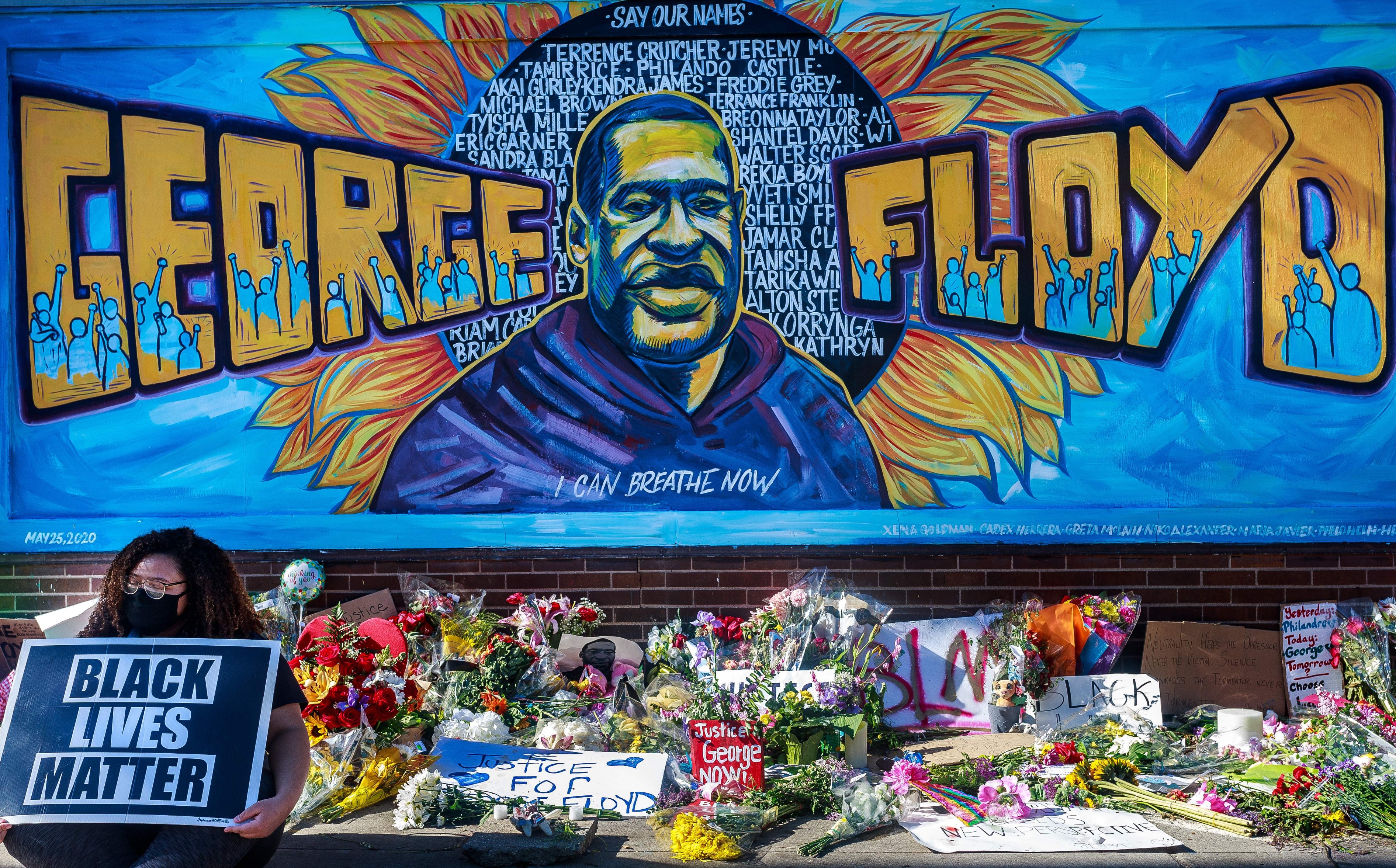What is the George Floyd Justice in Policing Act and how likely is it to be approved?
The new act may limit the powers of the police


Following Derek Chauvin's conviction, many are calling for the George Floyd Justice in Policing Act to be approved by Congress—but what is it and how likely is it to be approved?
Madam Vice President Kamala Harris called on US Congress to "reform the system" during a speech she gave shortly after the verdict on the George Floyd trial was announced, finding former Minneapolis police officer Derek Chauvin guilty on all accounts for his murder.
Reacting to the verdict, Harris said that "a measure of justice isn’t the same as equal justice,” explaining that there was still a long way to go to in the right against systemic racism and police brutality. She then wrote: "The Senate should pass the George Floyd Justice in Policing Act to hold law enforcement everywhere to the highest standards of accountability and help build trust between law enforcement and our communities." President Joe Biden also called the Floyd family to promise to push the George Floyd Justice in Policing Act.
But what exactly does it entail?
The Senate should pass the George Floyd Justice in Policing Act to hold law enforcement everywhere to the highest standards of accountability and help build trust between law enforcement and our communities.April 21, 2021
What is the George Floyd Justice in Policing Act?
The George Floyd Justice in Policing Act is a bill that was designed to address "a wide range of policies and issues regarding policing practices and law enforcement accountability," write Congress. "It includes measures to increase accountability for law enforcement misconduct, to enhance transparency and data collection, and to eliminate discriminatory policing practices."
It started when Kamala Harris co-signed a bill last year, in response to the gut-wrenching killing and the global Black Lives Matter protests that followed. While it cleared the Democrat-held House of Representatives, it was dismissed by the Senate last summer. It has now been reintroduced and according to The Telegraph, it “passed the Democrat-controlled House of Representatives, but every Republican voted against it” last month. So what does that mean for the legislation? And what exactly does it stand for?
The new legislation would change the way police handle prisoners, make it easier to sue abusive officers and cut police departments off from the supply of military-grade equipment that they currently have access to, which increased tensions during the protests last summer. The bill will also require all law enforcement to undergo training “on racial, religious, and discriminatory profiling for all law enforcement”.
Additionally, it would ban chokeholds and require that "deadly force be used only as a last resort and requires officers to employ de-escalation techniques first". It would also abolish the so-called "no-knock" policy, which allows police to enter a property without alerting the people who live in it first—the same warrant police officers used when they entered Breonna Taylor's home at night while she was asleep and murdered her—yet another case of police brutality against Black people that waits for justice.
The George Floyd Justice in Policing Act would also see “federal uniformed police officers to wear body cameras and requires state and local law enforcement to use existing federal funds to ensure the use of police body cameras" and "creates a nationwide police misconduct registry to prevent problematic officers who are fired or leave one agency, from moving to another jurisdiction without any accountability.”
How likely is it that the George Floyd Justice in Policing Act will pass?
In order to be passed, the bill would need 60 votes in the Senate, which is split 50/50 between Democrats and Republicans.
According to the White House, The George Floyd Justice in Policing Act is President Biden's top priority when it comes to police reform, reports Poynter. The Telegraph also reports that Biden has "thrown his weight" behind the bill, promising to work with Tim Scott, the only black Republican senator, to reach a “compromise” that ultimately gets the bill passed.
Sagal is a journalist, specialising in lifestyle, pop culture, fashion and beauty. She has written for a number of publications including Vogue, Glamour, Stylist, Evening Standard, Bustle, You Magazine, Dazed and Wonderland to name a few.
